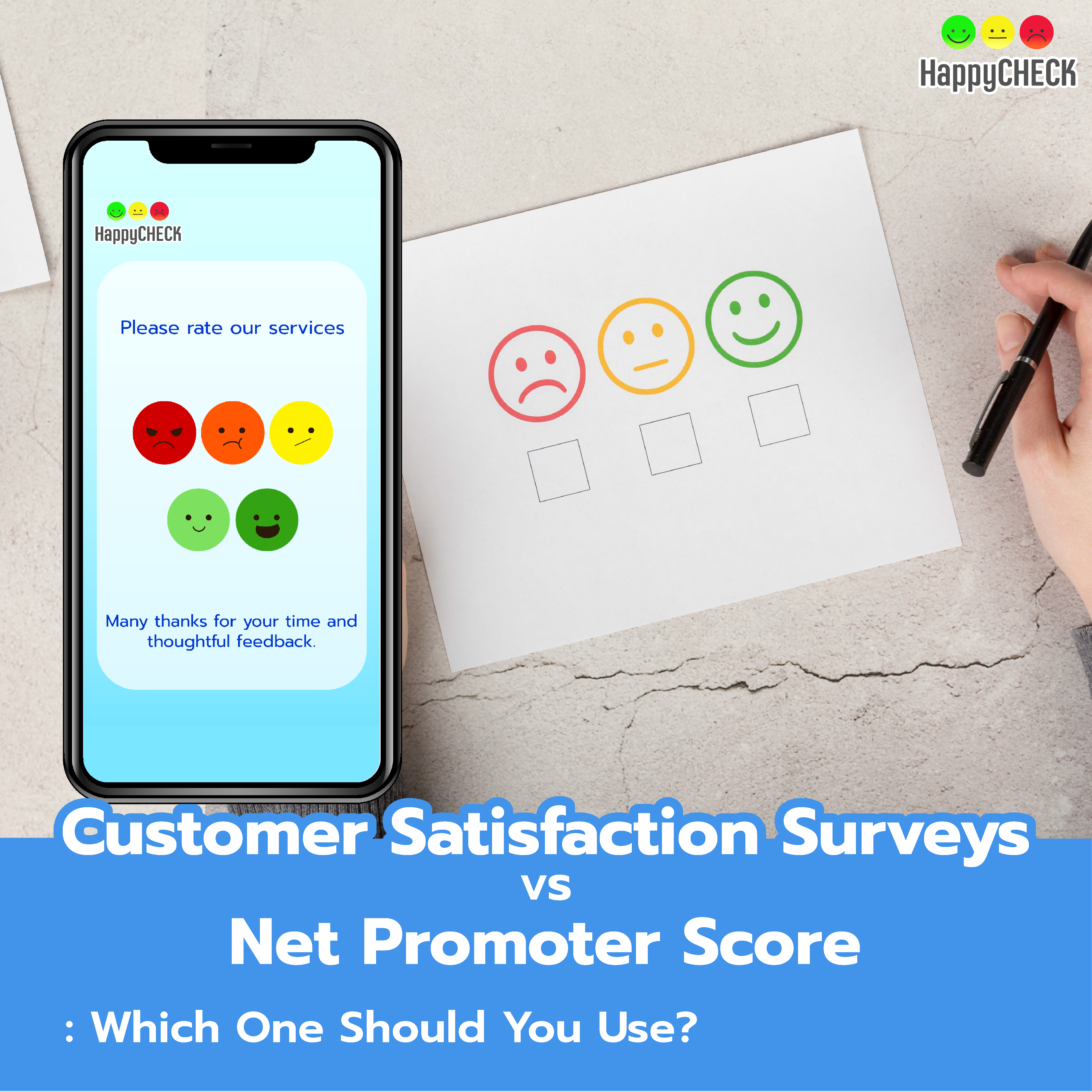Customers’ pleasure and loyalty are frequently measured through customer satisfaction surveys and the Net Promoter Score (NPS). Despite the fact that both can offer insightful information on a company’s customer experience, their various methodologies may make them more appropriate for particular kinds of businesses. We’ll examine the variations between customer satisfaction surveys and NPS in this post and assist you in selecting the best one for your company.
Customer Satisfaction Surveys
Customer satisfaction surveys are a popular way to gauge how happy customers are with their interactions with a company. Customers are frequently asked to rate their experiences on a scale of 1 to 10 or to comment on particular parts of the customer experience, in these surveys. Following that, the findings are utilized to pinpoint the areas where the company is doing well and those where there is an opportunity for development.
Advantages of Customer Satisfaction Surveys:
1. Detailed information: Customer satisfaction surveys can offer detailed information about the total customer experience, including both good and negative facets.
2. Customizable: Customer satisfaction surveys can be tailored to a company’s unique requirements, enabling more focused feedback.
3. Useful: Customer satisfaction surveys offer detailed input that may be applied to enhance the client experience.
Disadvantages of Customer Satisfaction Surveys:
1. Limited insights into loyalty: While customer satisfaction surveys might offer information about general contentment, they might not be as useful in gauging loyalty or propensity to suggest a company.
2. Response bias: Because consumers with strong opinions, whether good or negative, may be more inclined to reply, customer satisfaction surveys may be prone to response bias.
Net Promoter Score (NPS)
Net Promoter Score (NPS) is a method for measuring customer loyalty and likelihood to recommend a business. NPS surveys ask customers to rate their likelihood to recommend the business on a scale of 0 to 10, with 0 being “not at all likely” and 10 being “extremely likely”. Customers are then classified into three categories: Promoters (those who rate the business 9 or 10), Passives (those who rate the business 7 or 8), and Detractors (those who rate the business 0 to 6). The NPS score is calculated by subtracting the percentage of Detractors from the percentage of Promoters.
Advantages of NPS:
1. Focus on loyalty: NPS surveys are specifically designed to measure loyalty and likelihood to recommend, providing valuable insights into how likely customers are to return to the business or recommend it to others.
2. Easy to understand: NPS scores are easy to understand and can be used as a benchmark for comparing a business’s performance over time or against competitors.
3. Actionable: NPS provides specific feedback on what a business is doing well and where it needs to improve, making it actionable for making improvements to the customer experience.
Disadvantages of NPS:
1. Emphasis on loyalty: NPS surveys are especially made to gauge customer loyalty and propensity to refer, offering insightful data on how likely customers are to patronize the company again or refer it to others.
2. NPS scores are simple to comprehend and can be used as a benchmark to assess a company’s performance over time or in comparison to rivals.
3. Useful: NPS offers detailed input on what a company is doing right and where it needs to improve, making it useful for enhancing the customer experience.
Which One Should You Use?
NPS and customer satisfaction surveys both offer useful information about a company’s customer experience. The particular requirements of a firm may influence which option is selected.
A customer satisfaction survey might be the ideal option if a business wants detailed information about the entire customer experience. These questionnaires can be tailored to the particular requirements of the company and offer input on a variety of customer experience-related topics.
NPS might be a preferable option if a company is primarily interested in gauging customer loyalty and probability to recommend. NPS was created with this in mind and can offer useful information on how likely customers are to make a second purchase.







